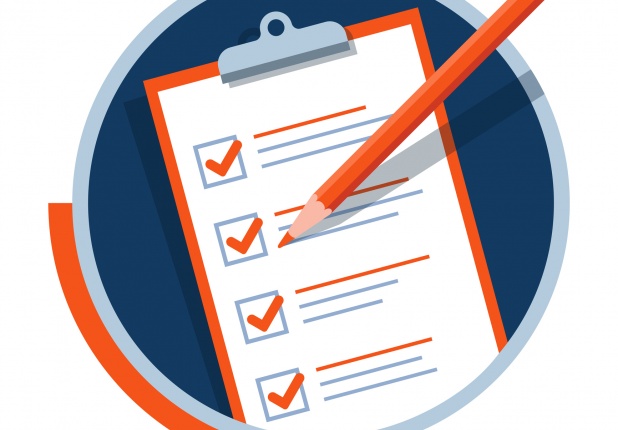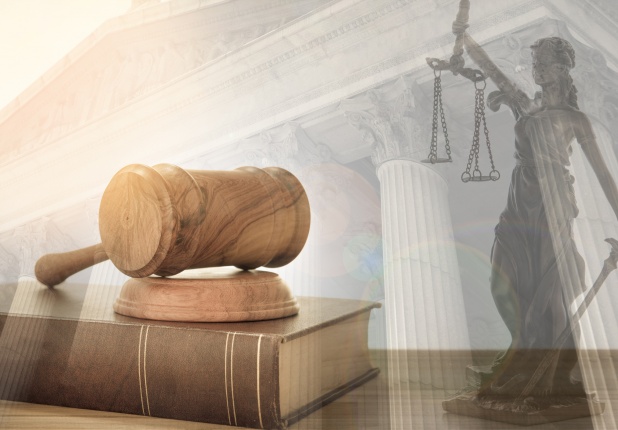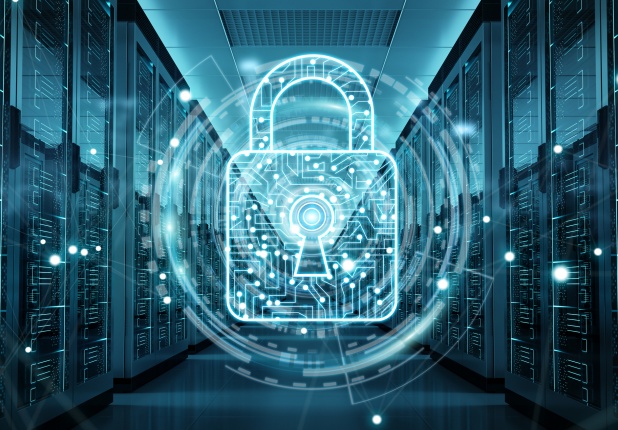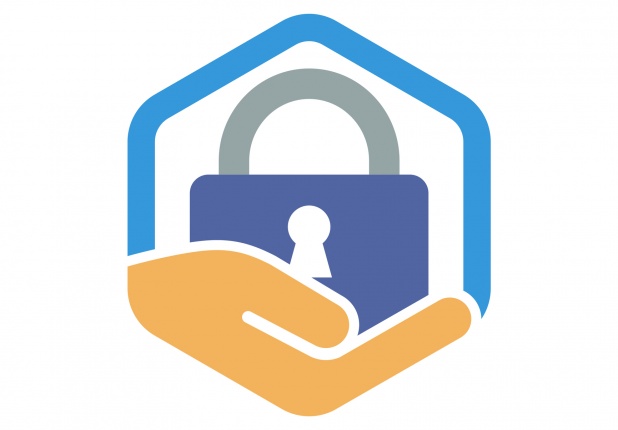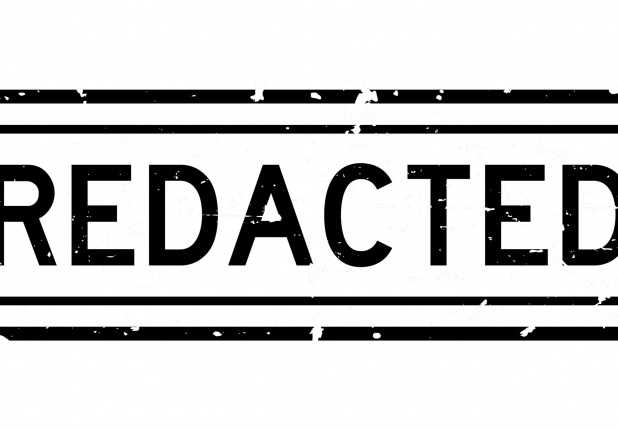Electronic Production Checklist
It’s a Friday afternoon and your weekend is about to start…and yes - you guessed it…a last minute production request comes in and your plans are no longer the same. Like many other e-discovery professionals, I’ve been in this position too many times to count. To ensure that I remember all of the various conditions that should be considered and checked and double-checked in preparing productions, I recommend using a checklist to make sure you are top of all of it!
